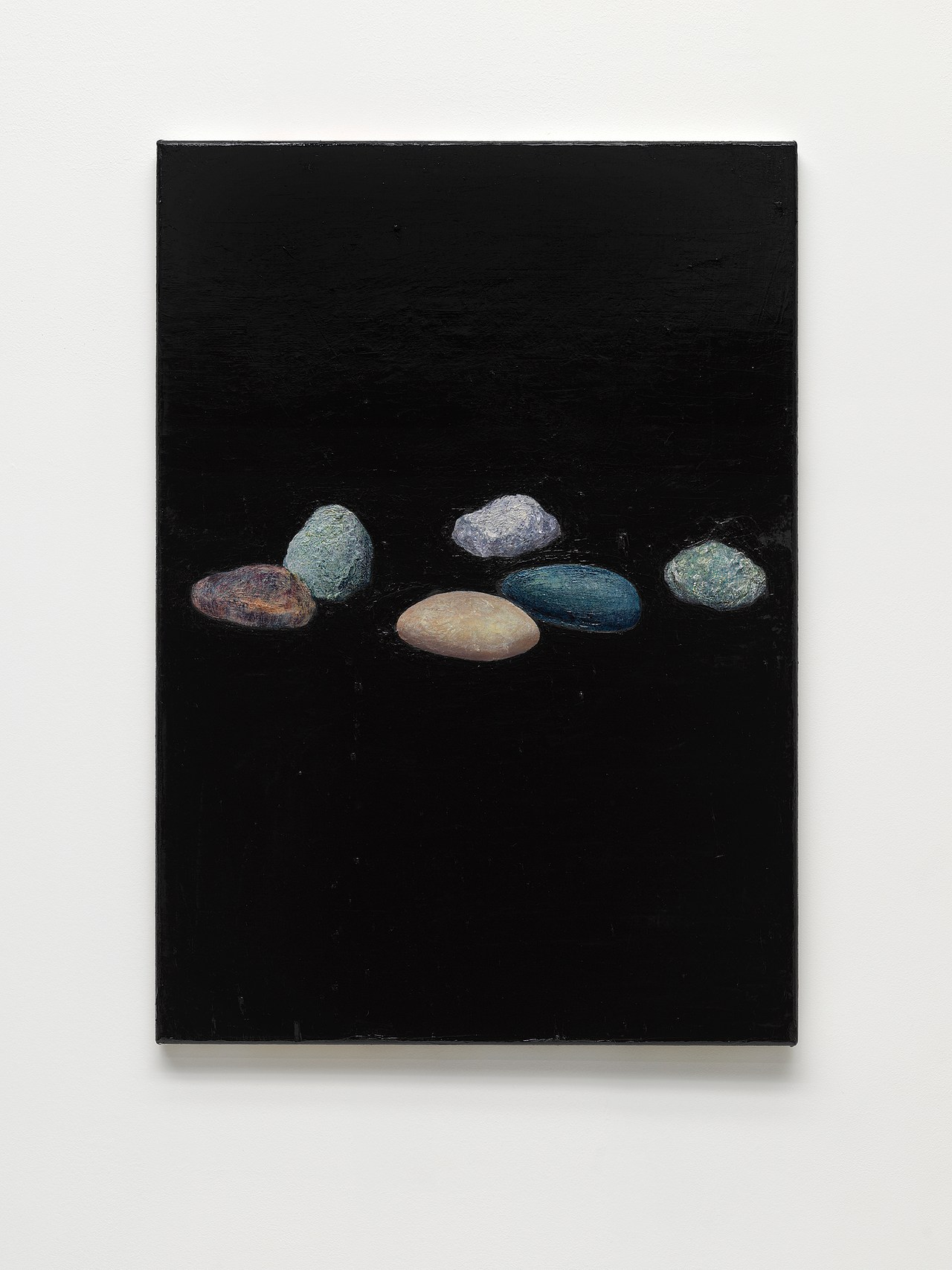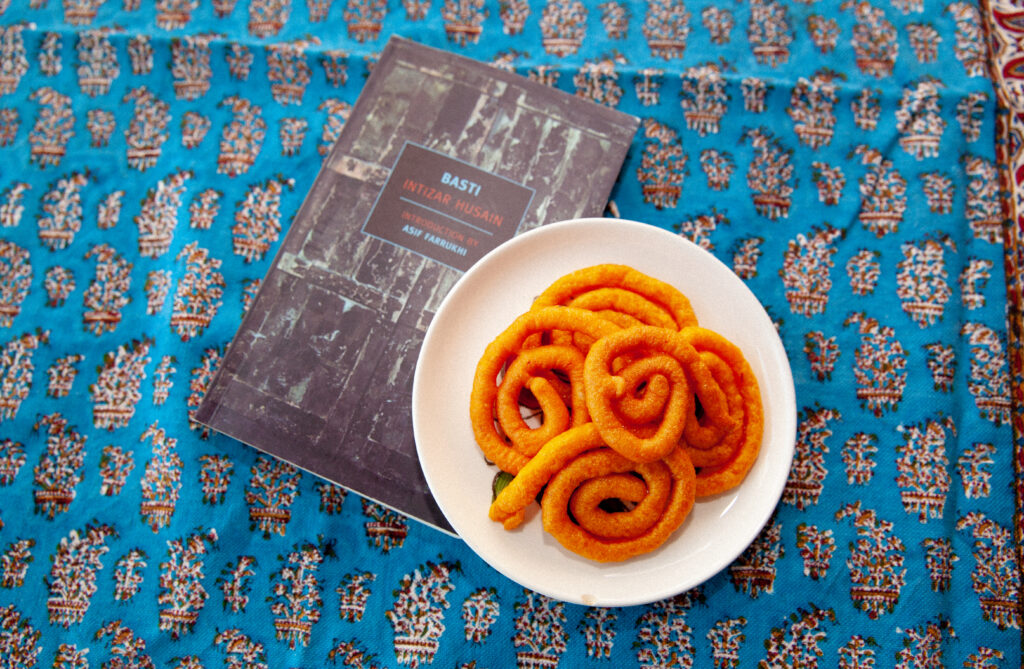by Joshua Whitehead
While in Toronto, a reporter, having researched me thoroughly, asked: “So Josh, can you tell me how the death of your grandmother has influenced your novel?” Being a fledgling writer at the time, I accommodated the request and reluctantly retold the story of my grandmother’s murder in the sixties — at which the reporter nodded, jotted down notes, quickly thanked me, and said goodbye. What has shaken me about this experience is that it was not the first time that type of extractive questioning about personal histories and my experiences with trauma has cropped up, nor will it be the last, and while the reporter maintained their agency and left unencumbered by wounds, all set with fresh insight into their critical angle about my book, I found myself in downtown Toronto racked with grief and holding myself through a particularly intense anxiety attack. It was a slaughtering. I felt disembodied, I reeled amongst an onslaught of noise pollution: honking cars, pedestrian babble, sirens, the heavy rumble of a train. I found myself in Toronto’s downtown shopping mall, the Eaton Centre, sitting in the food court sobbing uncontrollably, much to the dismay of those eating fast food around me.
How can the inquisition for and distribution of knowledge be anything but a type of assault if not done with protocol and ethics?
How can the inquisition for and distribution of knowledge be anything but a type of assault if not done with protocol and ethics? How are queer Indigenous writers, many of whom are at the forefront of a new generation in contemporary literature, made to be wholly disposable under the guise of benevolence and diversity? How does the purchase of a novel — such as my own, here in Canada selling for eighteen dollars — allow for a type of permission on the part of the consumer to have unbridled access to a writer’s life, to survey our bodies as if we were objects of curiosity? How does this very manuscript I am writing now also position me upon the metaphorical medical table, primed for inspection and autopsy?
How does such disposability link or braid with our understandings of MMIWG2S*?
Copyright
© Book Riot










